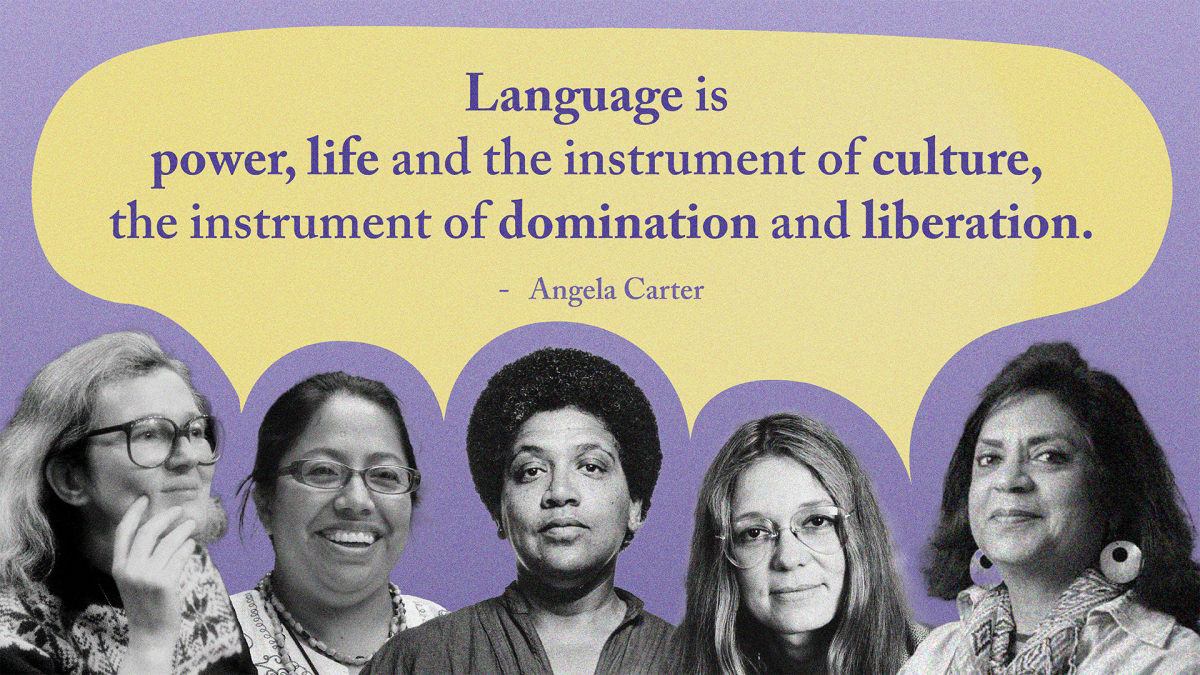I love the word “women.” The two syllables encapsulate the beauty of femininity and the long history of individuals who have fought fearlessly for gender equality. Why are we swapping this powerful word for one as dull and disparaging as “females”?
I’ve noticed on social media and in casual discourse that people often refer to women as “females.” While I know there likely aren’t any ill intentions behind using this term, its association with biology, medicine and law feels restrictive of women’s identities when used in a social context.
I hypothesize that people have replaced “women” with “females” in modern discourse because it is a classic case of language demonstrating structures of power. Referring to coworkers or classmates as “females” establishes a gender power imbalance by taking away a woman’s humanity and potential. Notice how men are rarely called “males”?
While the difference in how men and women are addressed may seem like a minuscule issue, it demonstrates the larger issue of gender stratification.
Everyone knows that women have an extensive history of fighting for gender equality. What people may not realize is that using the word “female” disregards the hard work that has gone into empowering women and strengthening the feminine identity.
It’s called the “Women’s Rights Movement” and “Women’s History Month,” not the “Females’ Rights Movement” or “Females’ History Month.”
Additionally, “female” is a biological sex category, therefore using the term excludes individuals who identify as women without being born biologically female. Alternatively, the term “women” includes anyone who identifies as a woman, regardless of their designated sex at birth.
Saying “female” over “women” also implies that women only amount to their ability to procreate. Reproductive abilities do not make up a woman’s identity; therefore, calling a woman a “female” reduces her to a baby-making machine.
Moreover, “female” can be used to describe millions of living organisms, from willow trees to duck-billed platypuses. The term “women,” on the other hand, is exclusively for Homo sapiens — let’s continue using it to address fellow human beings.
Since “female” is often used in medical and legal matters, using the term in regular speech is belittling, essentially saying a woman is nothing more than her biological makeup or demographic characteristics. The boxes we check on our paperwork do not account for our identities, so why reduce women to these categories?
I am more than my demographic — I’m a living, breathing woman.
I’ve also noticed that some women have adopted the term “females” to put other women down for behaving in stereotypical “girly” ways. This is certainly not “girl’s girl” behavior and reinforces negative clichés about women who are simply trying to exist in a man’s world.
There are people on social media who speak against using the word “females,” and I couldn’t be more appreciative. If men and women both can use their social media platforms to advocate for more respectful language use, more people will realize that saying “females” is demeaning.
If the word “females” has replaced “women” in your vocabulary, save yourself from sounding crass and use the latter term. The word “women” offends no one, while “females” can come across as belittling and downright ignorant.
As the feminist writer Angela Carter beautifully put it, “Language is power, life and the instrument of culture, the instrument of domination and liberation.” Use your language to demonstrate respect towards women, not reduce them to biological and demographic characteristics.














